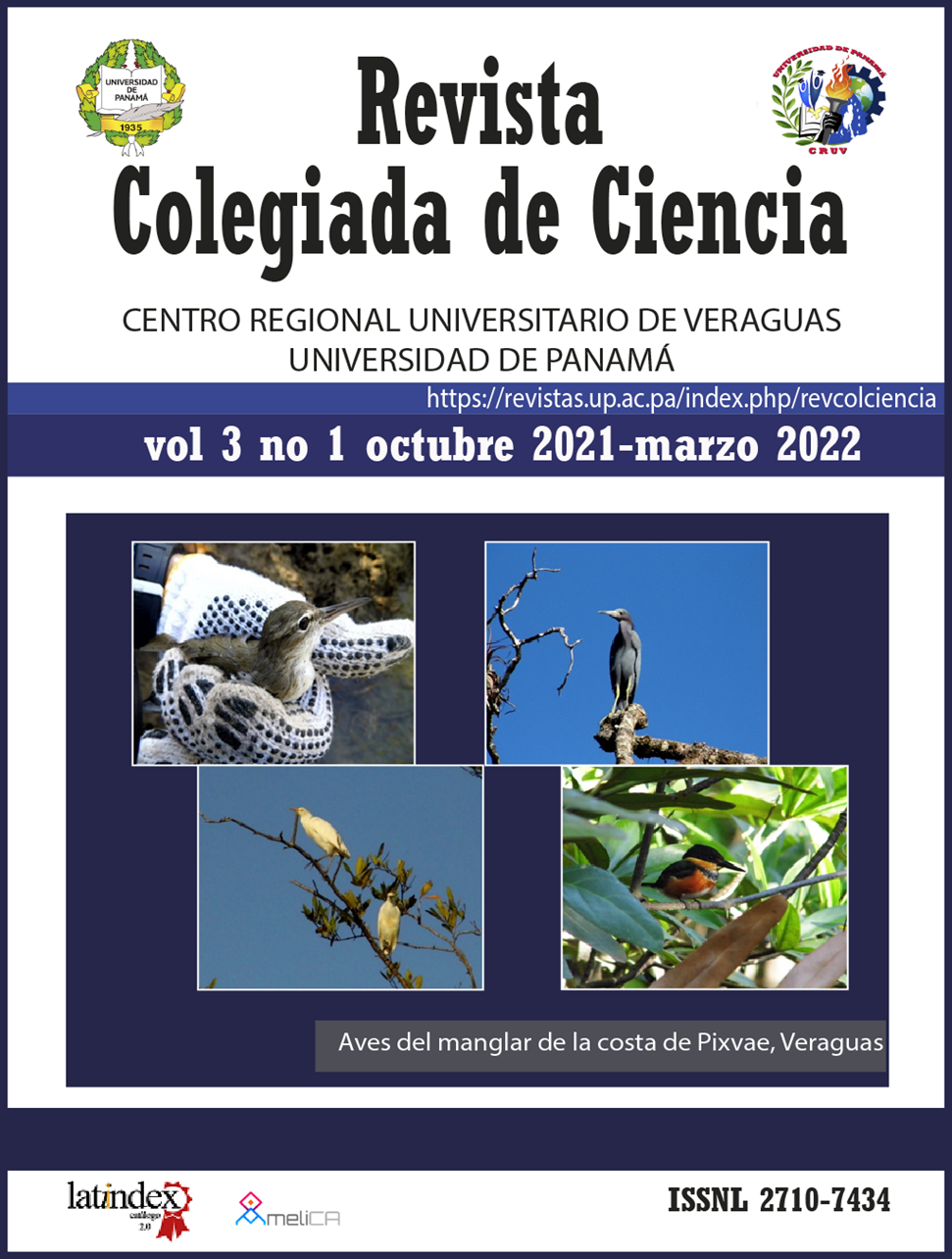

The right of representation is a social institution that is based on protecting the lineage. It has been our objective to explain how the right of representation in Panamanian law is regulated and to create doctrine, so that this institute is fully included in the succession processes tested for by the social character of the right of representation. In general, the right of representation is fully regulated in the succession processes deferred by law; not so, in probate succession processes. The methodology was mainly based on code review. We review the codes of some laws that descend from the Napoleonic code: Chilean, Argentine and Colombian; the Spanish, Italian, Cuban and other code was also revised. The right of representation is the legal power of certain heirs to collect the inheritance that their father, mother or brother did not want or was unable to collect, usually for reasons beyond his or her own business. While it is true that doctrinally and jurisprudence and in a very subtle way, the right of representation has been incorporated into probate processes (see judgment of 13 of 4 February 1999), it is also true that a law is required that directly protects the right of representation in the pre-death, and that article 781 of our Civil Code be partially a modified, in order for the right of representation to be incorporated into the pre-death. We conclude this investigation with a proposal to declare article 781 of the Civil Code unconstitutional with regard to pre-death in the succession processes tested.